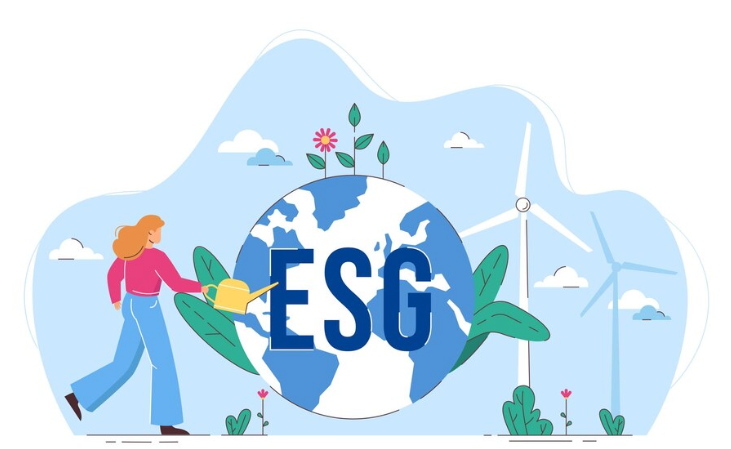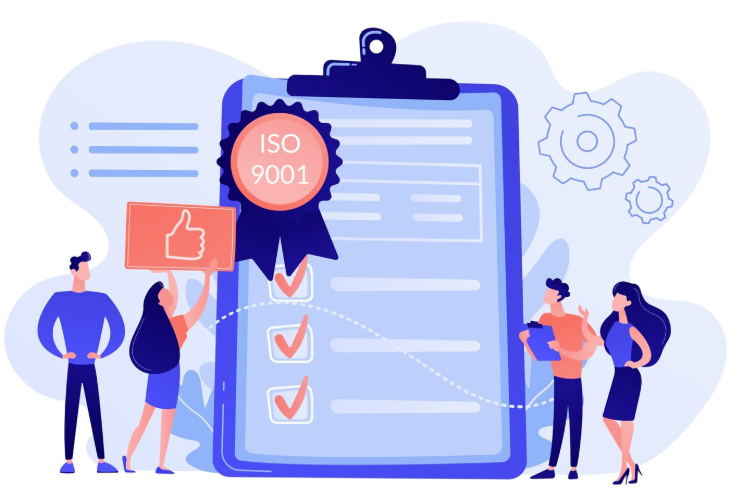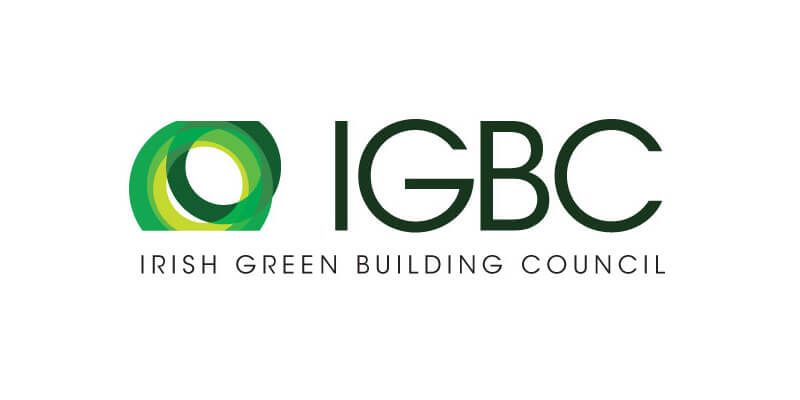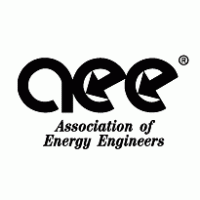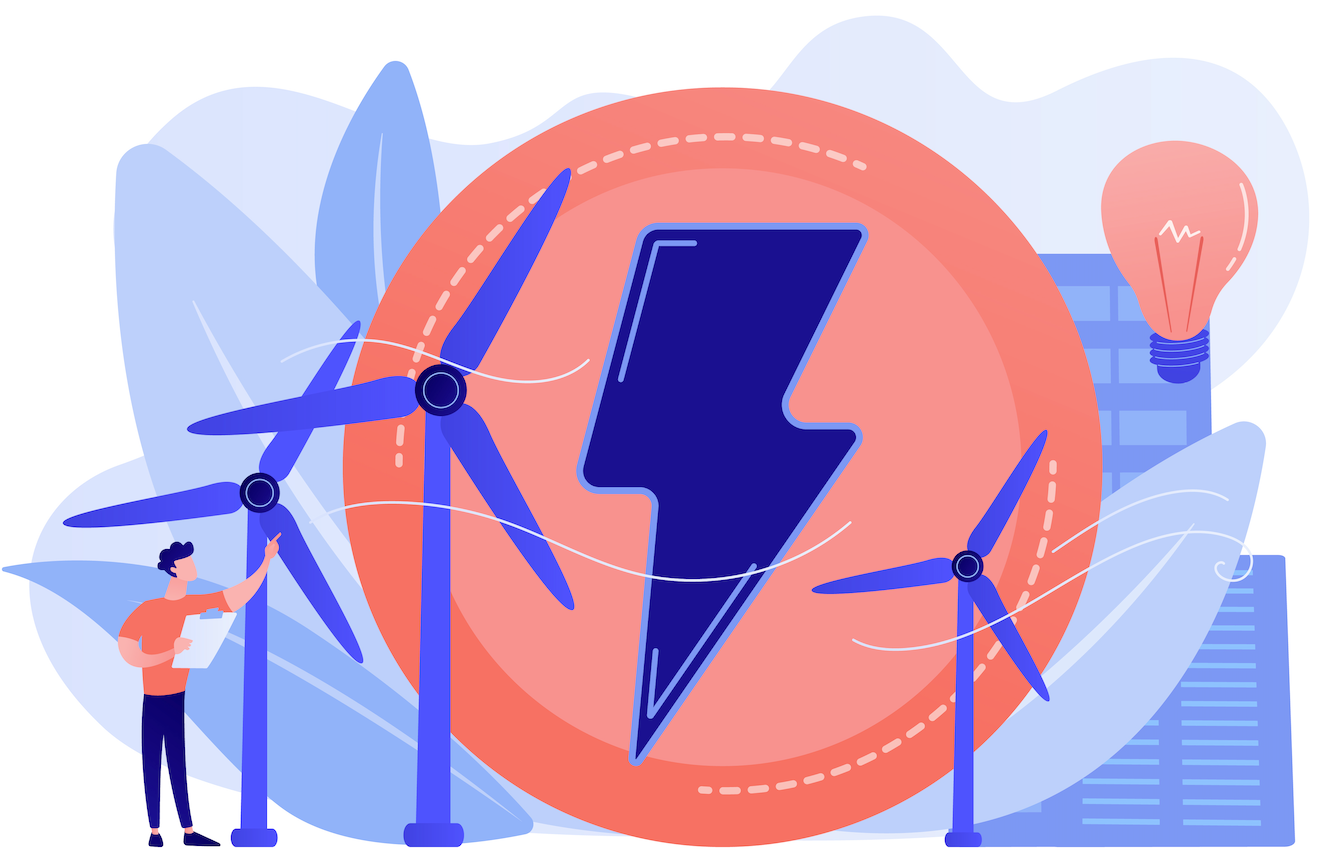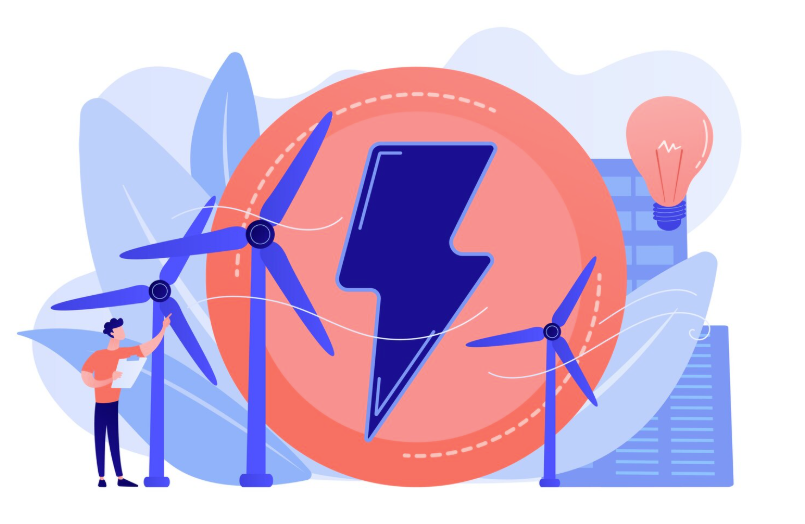
#Renewables
WHAT IS IT.
A cross-border VPPA is a “financial swap” for the underlying value of energy, not the energy itself.
The electricity generated under a VPPA contract isn’t physically delivered to the buyer. Instead, it’s sold into the wholesale electricity market.
Under this contract, the generated energy is delivered to the grid, the corresponding RECs/GOs are delivered to the buyer, and since it can be traded in Europe, which is a common energy market, energy can be produced in one EU country and delivered to another.
The concept of cross border VPPA is still young in Europe and therefore it is still quite new to many international vendors.
CLAIMED BENEFITS.
- Cross-border VPPAs enable companies to add new amounts of renewable energy to a specific grid and therefore the possibility to contribute in reducing emissions in those more carbon-intensive electricity markets.
- Green targets: VPPAs support companies in reaching their sustainability goals.
- Geographical flexibility: VPPAs vendors claim that companies with facilities that are geographically widespread – such as retailers with thousands of locations – can meet the energy needs of those locations with a single VPPA contract.
- Favourable terms: cross-border VPPAs offer the ability to source renewable electricity in locations that have the most beneficial price terms.
- Cross-border VPPAs allow companies to aggregate electricity consumptions from different markets under one VPPA contract.
- Tax incentives in certain markets.
- Increase in image and reputation of a company.
CLAIMED RISKS AND CRITICISM.
- Sourcing and contracting a pan-European VPPA can be very complex as it requires assessment of the risks and due diligence in each country involved, given the price and legal differences between European countries involved.
- Cross border VPPAs require sufficient flexible generation sources to match a demand in the desired cross border country.
- Price risks: cross-border price risk is inevitable when the buyer and seller are in different market zones. The options for hedging this risk are limited and may have only short-term impact.
- Electricity prices may change in the market where the renewable generator is located. For example, changes in a country’s energy mix could have a negative effect to the cross-border pricing, particularly when fossil fuel generation is reduced and/or renewable generation is increased, which is where all EU countries are moving towards to anyway.
- Change in law risks: regulations may change in each EU market over the course of the cross-border VPPA contract, therefore having a financial impact.
- Accounting, legal and taxation implications must be carefully reviewed.
- Potential risks and regulatory barriers across the EU member states:
- Some countries may impose a reduction in their renewable energy intake due to grid capacity limits
- Possible limitations in the current GOs-systems: there are some countries that may not allow cross border transfers or would only allow local suppliers to trade the GOs.
- Different tax regimes and legal systems can be an issue when engaging in a cross-border VPPA
- Retail businesses which usually lease facilities, need agility and scalability in their locations and therefore they are usually a better fit for GOs or RECs rather than PPAs.
- Greenwashing: cross-border GOs have been criticised as a tool for greenwashing as it allows companies to call themselves “green” taking advantage of lower prices in a particular EU country, despite using non-renewable energy in their supplier’s production mix.
- Scepticism: multinational companies, such as Facebook, expressed scepticism to cross-border VPPAs in 2018 in the press “as something that they are not currently looking at” - Colin Spain, Facebook’s head of EU renewables.
- Sustainability criticism: Some experts argue that cross-border VPPAs may support the building of renewable generators only in those countries with good wind or solar conditions or where the price is much cheaper than others.
CONCLUSIONS.
A contracted cross-border VPPA must be right for a company to make sense financially.
When communicating about your cross-border VPPA, your company should be transparent about the details of the project taken, location, markets and sources involved and should also clearly state the drivers for choosing this type of contract.
It is therefore recommended having professional advice to help you understand whether this is the right choice for your company.
Would you like to know more?
Or do you have any questions about one or more of these topics?
Feel free to contact us at hello@bramoenergy.com.





